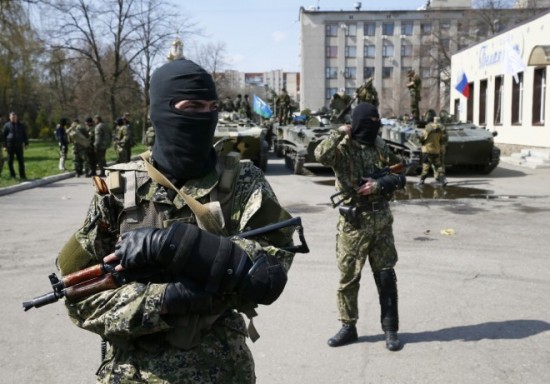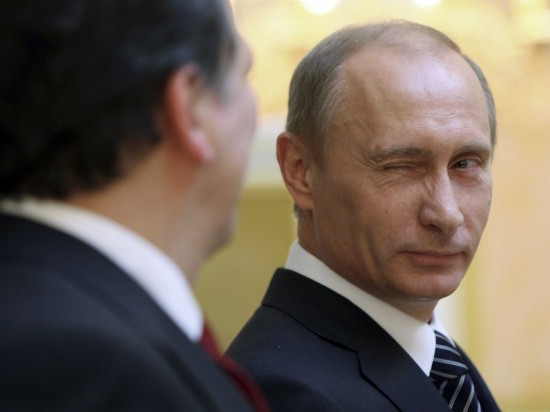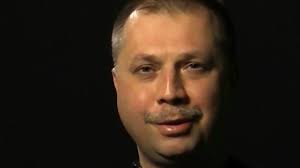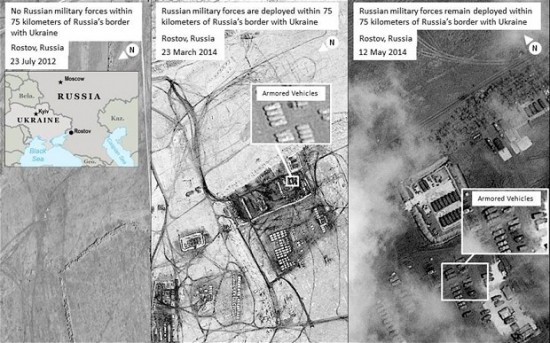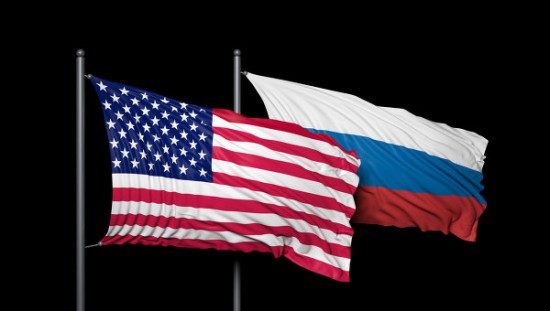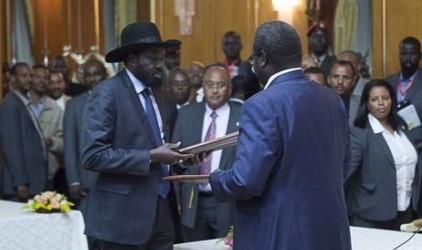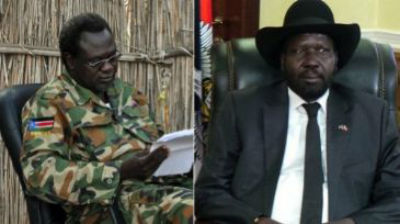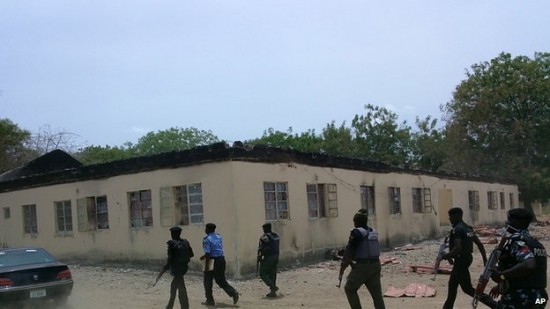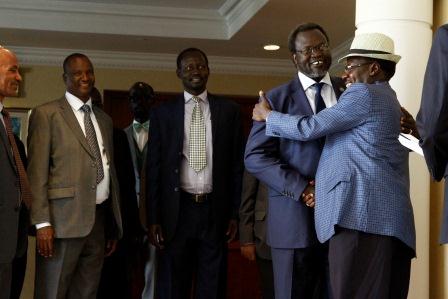Uganda’s Foreign Affairs Minister Sam Kutesa is set to become President of the UN’s General Assembly on June 11. The election of Kutesa has caused some criticism because the Ugandan government–for which Kutesa forms foreign policy–has been under the 28-year rule of President Yoweri Museveni, and has been accused and found guilty by international courts of international and humanitarian crimes.
Kutesa himself has been accused by the UN, Human Rights Watch and Amnesty International of crimes. Kutesa was indicted for corruption several times, and was censured by the Ugandan Parliament in 1999 for corruption–in the form of diverting millions of dollars away from Ugandan Airlines into a private company.
The government for which Kutesa serves has been accused and found guilty of war crimes. 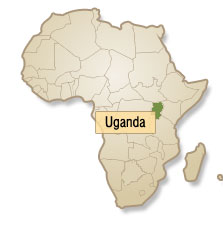 The Ugandan government has been accused of wars of aggression against neighbor countries, ethnic cleansing and plunder of resources. These international and humanitarian crimes were committed by the Ugandan government against the Democratic Republic of the Congo (DRC), for example, accoding to a ruling by the International Court of Justice. The World Court ruling, which was handed down in 2005. In 2006, the International Criminal Court also also launched a criminal investigation of the Ugandan government’s actions in the DRC. Uganda has been accused of similar crimes in Rwanda and South Sudan. The leadership of the government–and the man Kutesa answers to– is President Yoweri Museveni.
The Ugandan government has been accused of wars of aggression against neighbor countries, ethnic cleansing and plunder of resources. These international and humanitarian crimes were committed by the Ugandan government against the Democratic Republic of the Congo (DRC), for example, accoding to a ruling by the International Court of Justice. The World Court ruling, which was handed down in 2005. In 2006, the International Criminal Court also also launched a criminal investigation of the Ugandan government’s actions in the DRC. Uganda has been accused of similar crimes in Rwanda and South Sudan. The leadership of the government–and the man Kutesa answers to– is President Yoweri Museveni.
Museveni took office in 1986, when he restricted the activities of other political parties. Political parties were allowed by Museveni to exist, but were not allowed to campaign in 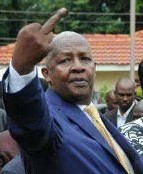 elections or field candidates directly. The ban on political pluralism was ended by a constitutional referendum in 2005. Museveni won the vote in 2006, but the Ugandan Supreme Court ruled that the election was marred by intimidation, voter disenfranchisement, violence and other irregularities, but voted 4-3 in favor of upholding the results of the election. Museveni was again elected in 2011 with 68 percent of a 59 percent turnout. The 2011 election was called “illegitimate” by the opposition parties and the EU election observer team said the vote was “marred by avoidable and logistical failures, which led to an unacceptable number of Ugandan citizens being disenfranchised.” After the 2011 election, opposition leader Kizza Besigye was arrested on charges of attacking authorities, although the event was reported as Besigy’s car being attacked during “Walk to Work” protests, in which several people died and hundreds were wounded, prompting the UN to urge the Ugandan authorities to sop using “excessive force” against peaceful protesters. The next election is set for 2016.
elections or field candidates directly. The ban on political pluralism was ended by a constitutional referendum in 2005. Museveni won the vote in 2006, but the Ugandan Supreme Court ruled that the election was marred by intimidation, voter disenfranchisement, violence and other irregularities, but voted 4-3 in favor of upholding the results of the election. Museveni was again elected in 2011 with 68 percent of a 59 percent turnout. The 2011 election was called “illegitimate” by the opposition parties and the EU election observer team said the vote was “marred by avoidable and logistical failures, which led to an unacceptable number of Ugandan citizens being disenfranchised.” After the 2011 election, opposition leader Kizza Besigye was arrested on charges of attacking authorities, although the event was reported as Besigy’s car being attacked during “Walk to Work” protests, in which several people died and hundreds were wounded, prompting the UN to urge the Ugandan authorities to sop using “excessive force” against peaceful protesters. The next election is set for 2016.
Recently–in 2013–Human Rights Watch accused the Ugandan government of oppressing press freedom, saying, “Between January and June, a media watchdog organization registered 50 attacks on journalists, despite multiple pledges to respect media freedom.” During this time, two large publications were shut down and seized by the government in response to a leaked letter that mentioned a plot to assassinate opposition leaders of Museveni, as well as Museveni’s plans to hand over power to his son upon retirement.
The anti-homosexuality law was signed by Museveni earlier this year, claiming homosexuality was “disgusting” and was a learned trait. Attacks against LGBT have increased 10 times since the law was signed, as reported by the Guardian.
The punishments for homosexuality in Uganda include maximum sentences of life imprisonment for homosexuals and seven years for assisting homosexuals remain undetected.
The election of Kutesa has been objected to by at least two US Senators–Charles Schumer and Kirsten Gillibrand– who cited Uganda’s homosexuality laws, and Ugandan newspaper 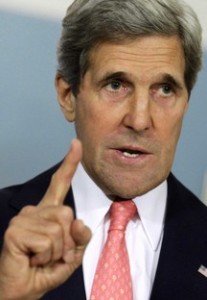 publisher Milton Allimadi–who lives in New York City–filed a petition to US Secretary of State John Kerry, who weeks ago publicly denounced Uganda’a Anti-Homosexuality Act, and UN members, saying that “Mr. Kutesa could become the President of the UN General Assembly in a few weeks unless the international community stops this travesty. This would be a mockery of all the ideals that the UN is supposed to stand for.” Allimadi called on Kerry to deny a visa to Kutesa, citing similar actions taken against Iran’s UN representative designate Hamid Aboutalebi. Allimadi also said that the election “would seriously undermine the United Nations and expose it to more ridicule and humiliation.”
publisher Milton Allimadi–who lives in New York City–filed a petition to US Secretary of State John Kerry, who weeks ago publicly denounced Uganda’a Anti-Homosexuality Act, and UN members, saying that “Mr. Kutesa could become the President of the UN General Assembly in a few weeks unless the international community stops this travesty. This would be a mockery of all the ideals that the UN is supposed to stand for.” Allimadi called on Kerry to deny a visa to Kutesa, citing similar actions taken against Iran’s UN representative designate Hamid Aboutalebi. Allimadi also said that the election “would seriously undermine the United Nations and expose it to more ridicule and humiliation.”
The post of UNGA President is a rotating one-year position, and this year Africa is to provide the official. The UNGA President presides over the General Assembly and other meetings.
By Day Blakely Donaldson



